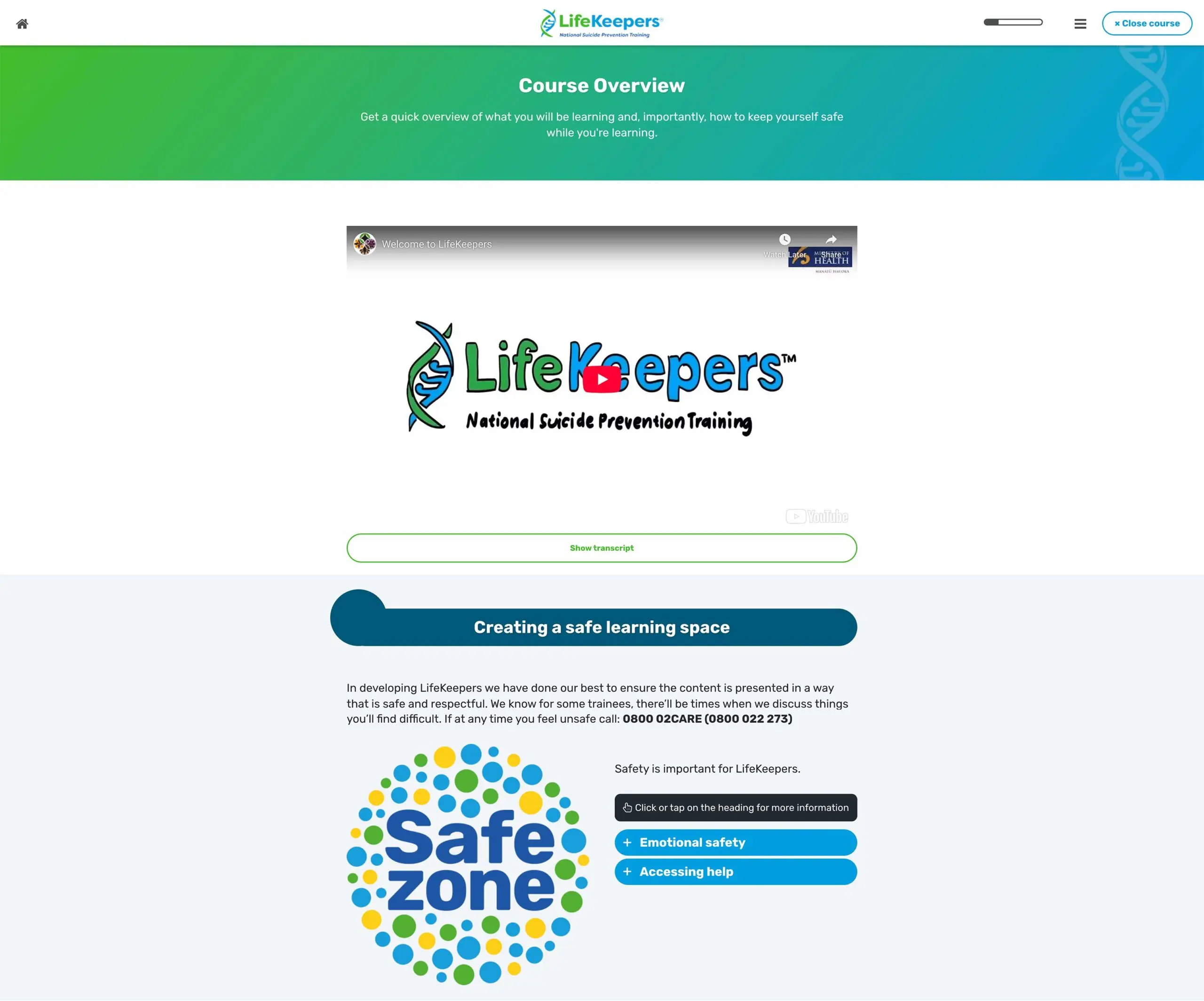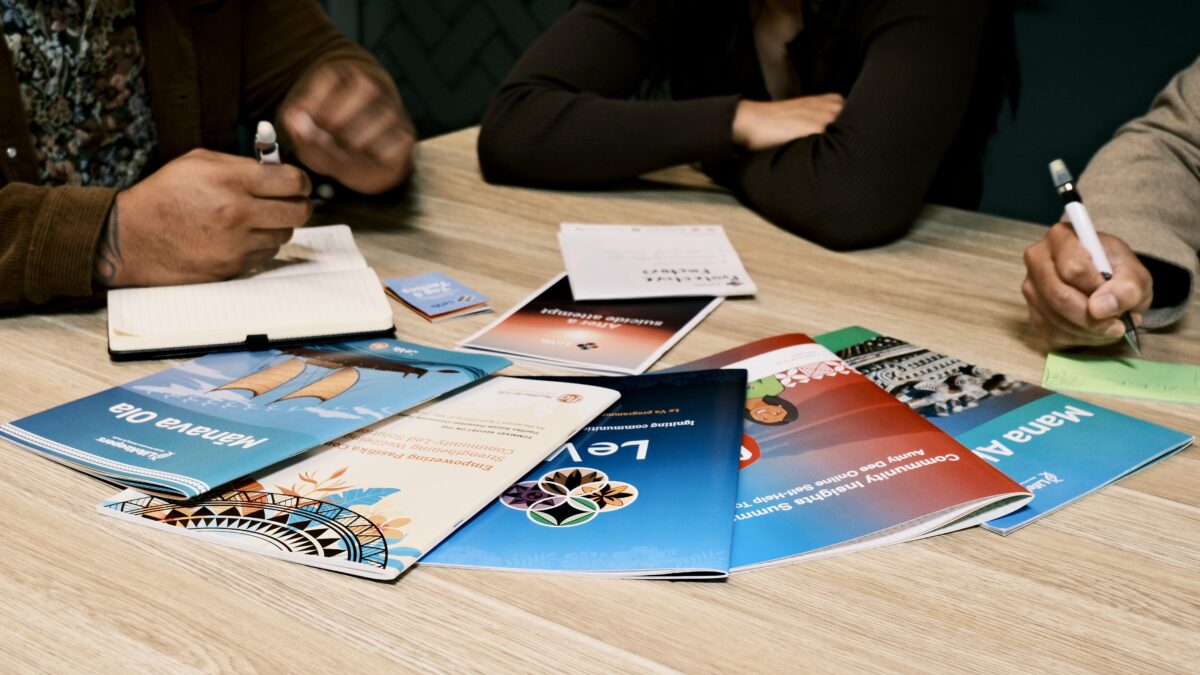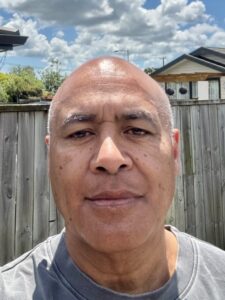What you’ll learn:
LifeKeepers Aotearoa gives people the skills to recognise when someone may be at risk and the confidence to support them safely and effectively.
Blending proven international approaches with local knowledge, LifeKeepers Aotearoa provides training that is community-focused, clinically safe, and culturally responsive.
You’ll learn how to:
- Talk safely and responsibly about suicide
- Understand risk and protective factors
- Recognise warning signs
- Start open, courageous conversations and ask directly about suicide
- Respond with confidence and connect people to the right supports
- Care for yourself as a LifeKeeper
Who it’s for:
LifeKeepers Aotearoa is for people in frontline or community roles — like support workers, youth workers, sports coaches, church leaders, Māori wardens, kaumatua, caregivers, whānau and community leaders.
Funded by Te Whatu Ora, LifeKeepers provides free suicide prevention training for New Zealanders who are most likely to support someone at risk, but who don’t already have access to funded training.
The training is not a treatment or support group, and some content may be distressing for those who are vulnerable. For further information or questions, please email info@lifekeepers.nz.
It is not intended for registered professionals or for organisations that already receive funded suicide prevention training for their staff.
Free training is also not available for large organisations or private bookings; however private or organisational training can be arranged on a paid basis.

Take the training online now
Start immediately with the online learning module and complete it at your own pace. It offers the same content and qualification as the in-person training, equipping you with the skills to recognise and support those at risk of suicide, helping to build safer, more connected communities.
*Please note that you cannot enrol into an in-person training if you complete the e-Learning.
-
LifeKeepers is New Zealand’s national suicide prevention training programme. It gives people the knowledge and confidence to recognise when someone may be at risk of suicide and to connect them safely to support. The training is community-focused, culturally responsive, and free for those most likely to support someone at risk.
-
-
-
-
-
-
-
-
-



